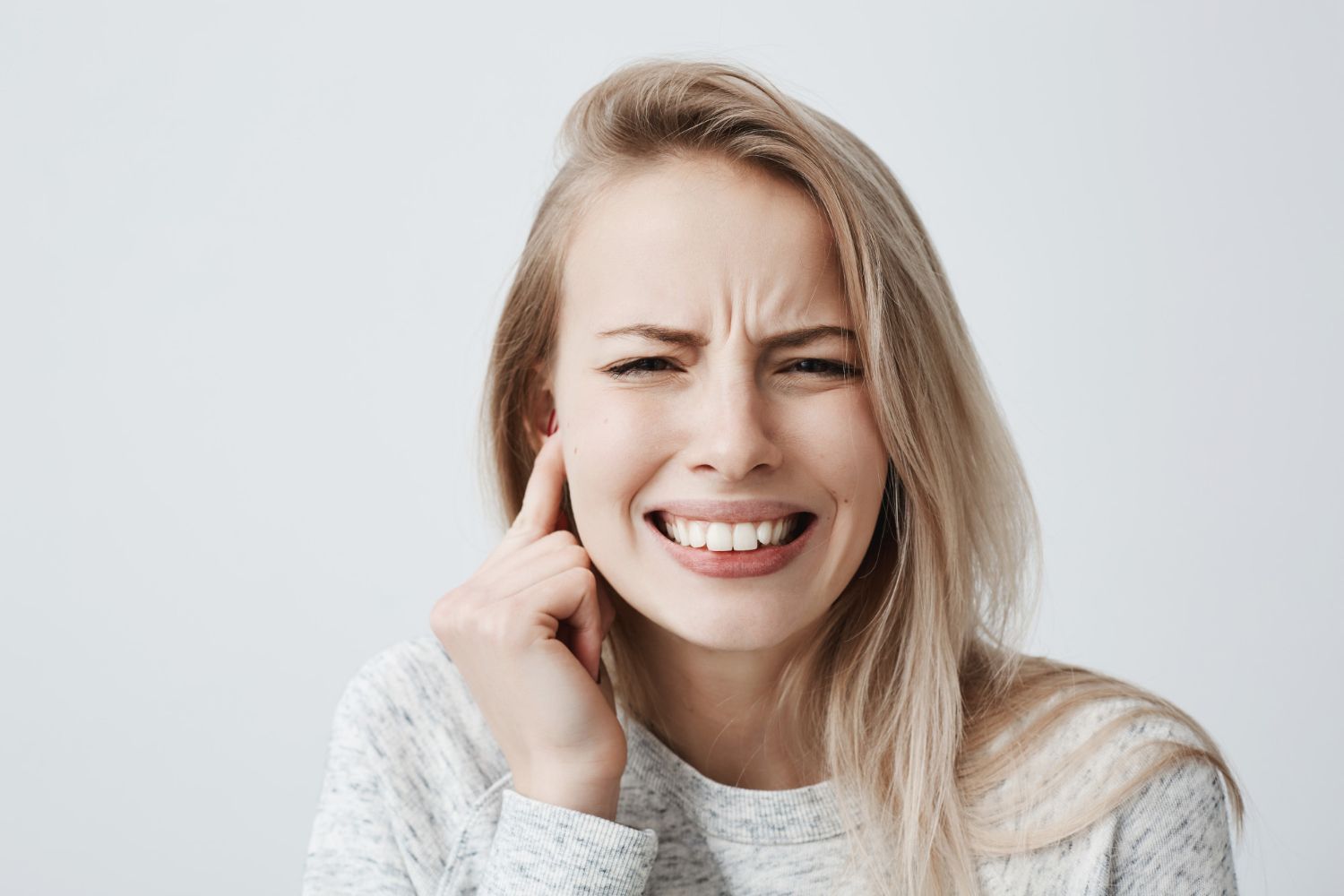Dentist's Guide to Reducing Fatigue Related to Teeth Grinding

When your mornings start with tiredness, it might be more than just a missed alarm causing a restless night. Teeth grinding, or bruxism, is a common culprit that often flies under the radar, robbing many people of a restful sleep without them even realizing it. This unconscious habit happens mostly while you’re asleep, and over time, it can disrupt sleep, leading to ongoing fatigue. As the daily toll of fatigue builds, it might begin to interfere with both personal and professional aspects of life, making it difficult to focus or stay energized throughout the day.
Understanding the link between teeth grinding and fatigue is the first step in addressing the problem. Recognizing the signs of bruxism can help you take action sooner and find the right solutions to improve your sleep and daily energy levels. By exploring these connections, you can arrive at practical approaches to lessen the impact, allowing for more restful nights and lively days.
Identifying the Signs of Teeth Grinding
Catching the signs of teeth grinding can be tricky since it mostly happens while you’re snoozing. But certain indicators might point to the issue. Here are some tell-tale signs you might be grinding your teeth:
- Wake up with a sore jaw or a headache.
- Noticing wear or damage on your teeth.
- Hearing complaints from your partner about grinding noises.
- Experiencing unexplained facial pain.
Many of these symptoms may go unnoticed or be confused with other conditions. It's common to misattribute morning headaches to stress or tension, not realizing that bruxism might be the real cause. Similarly, tooth wear can be mistaken for normal aging, rather than the nightly grinding of teeth. By paying close attention to these signs, you can better pinpoint whether bruxism is affecting your sleep and contributing to that lingering fatigue.
Being aware of these indicators can lead to early intervention, preventing further dental problems and helping you achieve better sleep. Seeking out advice is a proactive step, allowing you to address the root cause of your sleep disruption and find effective solutions to reduce or eliminate teeth grinding. This can lead to an improved quality of life and more enjoyable mornings.
How Teeth Grinding Leads to Fatigue
Teeth grinding at night can seriously mess with your sleep quality. When you grind your teeth, especially during deep sleep stages, it interrupts the progression of your sleep cycle. This disturbance prevents your body from entering the restorative phases of sleep needed for feeling refreshed in the morning. Instead, you might find yourself tossing and turning or waking up multiple times a night without realizing it.
The cycle of poor sleep and fatigue progresses when grinding causes physical discomfort that lingers into the day. The fatigue from interrupted sleep compounds over time, making it harder to concentrate and stay energized throughout the day. You might feel like you're in a fog, struggling to keep up with work and personal commitments.
Practical Steps to Reduce Teeth Grinding
Thankfully, there are several steps you can try to manage or reduce teeth grinding. Implementing these steps can improve your sleep quality and daily energy levels:
- Relax before bed: Create a calming bedtime routine that includes reading, gentle stretching, or listening to soothing music to help reduce stress.
- Watch what you eat and drink: Avoid caffeine and alcohol in the evening, as they can stimulate your muscles and trigger teeth grinding at night.
- Consider a comfortable sleeping position: Ensuring proper neck and head support while you sleep can reduce the likelihood of grinding.
Certain lifestyle adjustments, like reducing stress and improving sleep hygiene, can make a big difference. Consistent routines that incorporate relaxation techniques can ease tension in your jaw and help you fall into a more restful sleep.
Professional Help for Teeth Grinding and Fatigue
If home adjustments aren’t enough, it might be time to see doctors for assistance. Rather than letting this issue persist, professional help can provide targeted solutions suited to your needs. In Monroeville and surrounding areas, there are options to explore to benefit your sleep health.
Treatment options might include customized appliances that help position your jaw comfortably while you sleep, preventing grinding and allowing your body to rest properly. Understanding how to incorporate these tools into your nightly routine can make a world of difference.
Better Sleep for a Better Life
Dealing with teeth grinding is about more than just protecting your dental health; it's an important step toward improving your overall well-being. Recognizing the signs and seeking proper interventions can free you from the cyc`le of fatigue caused by fragmented sleep.
By addressing bruxism head-on, you not only safeguard your teeth but also enhance your day-to-day life with increased energy and focus. Embracing these changes means waking up to days marked by vitality, clarity, and a readiness to tackle whatever comes your way.
Discover how teeth grinding might relate to conditions like sleep apnea and explore solutions tailored to your needs. At Pittsburgh Dental Sleep Medicine, our team of doctors is ready to help you achieve better sleep and enhanced daily energy. For more information on how bruxism and other factors might affect your wellness, take the first step toward better rest today.

